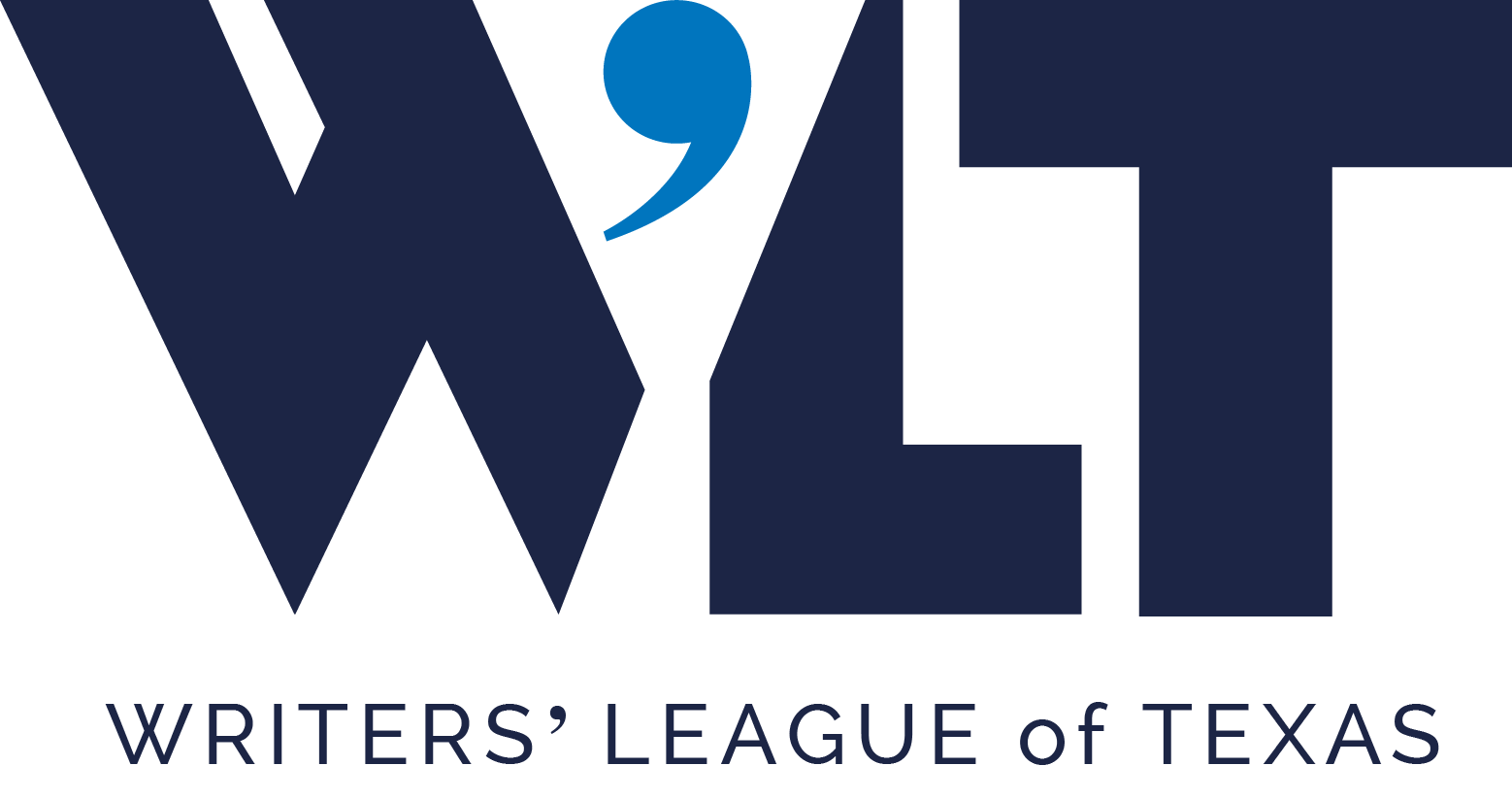“Secondary characters are a chance to get to know your main character and your story better, so they offer pockets of insight in ways that, for me, I don’t always find with the main characters.”
-Charlotte Gullick
Charlotte Gullick is a novelist, essayist, editor, educator and Chair of the Creative Writing Department at Austin Community College. A first-generation college graduate, she received her AA with High Honors from Santa Rosa Junior College, a BA with Honors in Literature/Creative Writing from the University of California, Santa Cruz, and a MA in English/Creative Writing from the University of California, Davis. She received a MFA in Creative Nonfiction at the Institute of American Indian Arts in May 2014.
Charlotte’s first novel, By Way of Water, was chosen by Jayne Anne Phillips as the Grand Prize winner of the Santa Fe Writers Project Literary Awards Program, and a special author’s edition was reissued by the Santa Fe Writers Project in November of 2013. Charlotte’s other awards include a Christopher Isherwood Fellowship for Fiction, a Colorado Council on the Arts Fellowship for Poetry, a MacDowell Colony Residency, a Ragdale Residency, Faculty of Year from College of the Redwoods as well as the Evergreen State College 2012 Teacher Excellence Award. Most recently, her nonfiction has been accepted into Hippocampus (2015) and Brevity (2017).
Charlotte is teaching an online class for the Writers’ League on November 14 called “Minor Characters and Major Insights: Make a Narrative More Compelling with Secondary Characters.” The class will take place from 6:30-9:30 pm, and Internet access is required. If you are not able to attend the live class, you will be able to watch a recording for one week following the live event. Our online classes are currently limited to members only. Visit the class page and read the interview below to learn more about the class.

Scribe: What is a secondary character from a novel that you really appreciate?
Charlotte Gullick: It’s funny – when I sit back and think about this, you know who popped into my head right away? Jim Casy, the preacher in the Grapes of Wrath – he runs as such a counterpoint to Tom Joad, paralleling him in action and values, yet they both take different paths. That’s what good secondary characters do: they work to reveal aspects of the main character in plot-informing ways.
Scribe: What do you find exciting about writing secondary characters that you don’t find when you’re writing main characters?
CG: I feel more freedom with them – I often feel so beholden to my main characters – duty bound to render their struggles with clarity and compassion, but secondary characters are a chance to get to know your main character and your story better, so they offer pockets of insight in ways that, for me, I don’t always find with the main characters.
Scribe: What is one common trap that people often fall into when writing minor characters?
CG: I think many writers, including myself, forget that the story is more interesting (and more like real life) if the characters are profoundly similar in some ways. When we remember this, we can create a more compelling world and story. The minor characters are there to reveal something about the main character–it’s all part of a web as John Truby puts it; if a character isn’t somehow tied into the other people in the work, he/she becomes flat and readers can feel this.
Another important consideration with all characters is to consider how their values will dictate and challenges the choices they make. Thinking about character values under pressure can reveal important aspects of plot.
Scribe: Can you briefly explain the importance of minor characters in your novel, By Way of Water?
CG: They basically serve as three mirrors for the family: those in the religion reflect back on the mother character; the “hippies” reflect back on Justy, the main character, and the men in the woods reflect back on the father. Minor characters offer readers a view into how other people are facing/handling/coping with the difficult choices in the world of the book.
Scribe: Do you tend to leave your minor characters more ambiguous? Or do you try to delve into their pasts and motivations, too?
CG: I think I do both – at first, they are vague, and serve as ideas, but as I revise and deepen, I need to understand them more so I do the work outside of the actual novel/story/memoir to explore them further and to see how a better understanding of motivation and experiences could be shaping who they in the present narrative and how that shaping might influence plot.
— Thanks, Charlotte!
Click here to sign up for Charlotte’s class.
Click here for a full list of fall classes.









